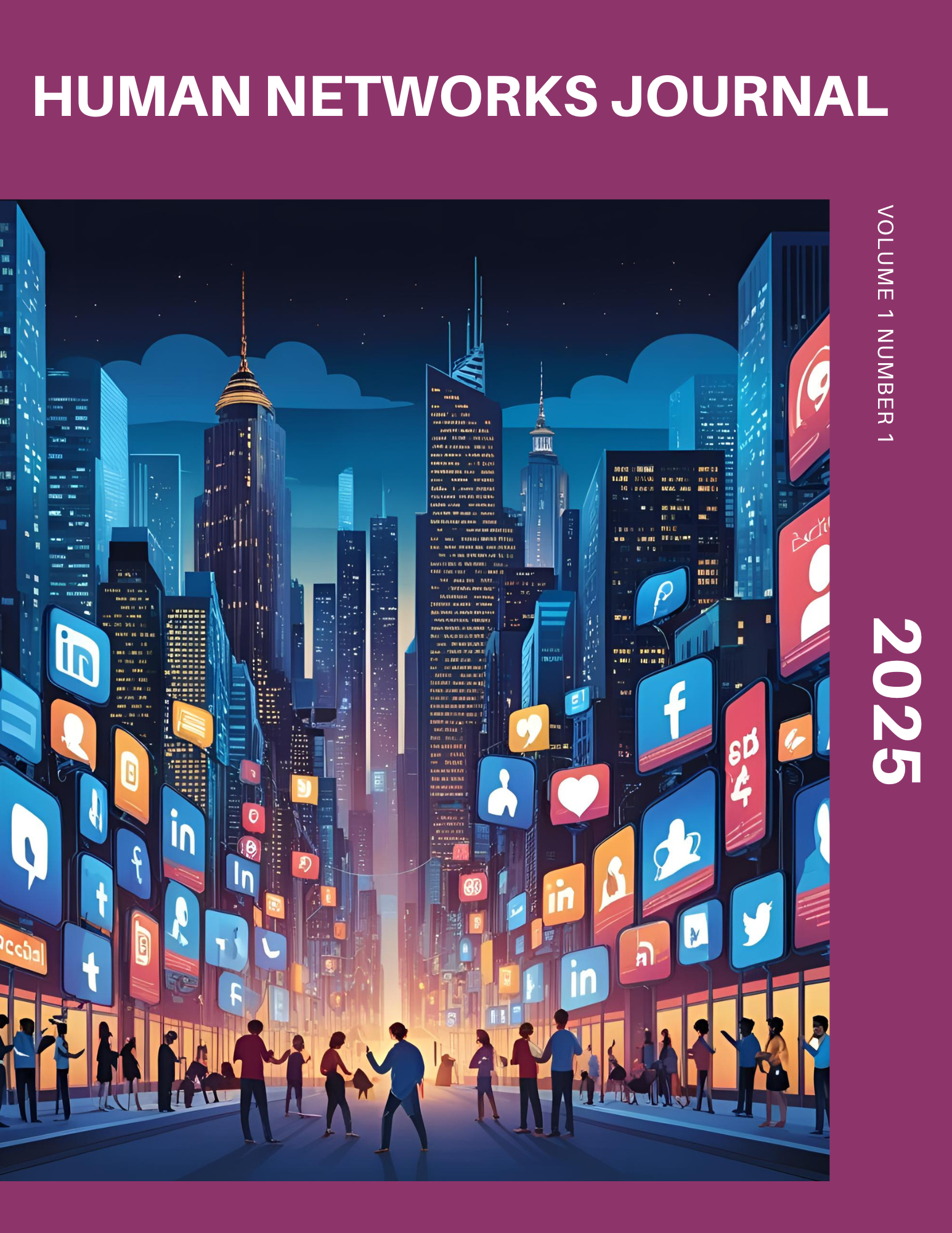Appropriation of the social network X in the communication between the prosumer citizens and local government
DOI:
https://doi.org/10.5281/zenodo.15161201Keywords:
Communication, Local government, Social MediaAbstract
This work is part of a broader research on the communication of the prosumer citizen with local governments through hypermediation in X (formerly Twitter). In this sense, the research focuses on studying the appropriation of social network X from the processes of consumption, production and exchange that are generated in the communication of the prosumer citizen with local governments in said social network. In order to understand how these processes occur in reality and how the citizen prosumer participates, qualitative-quantitative research was carried out, based mainly on the operationalization of the methodology proposed by Scolari (2019) to analyze an interface. The results indicate that the communication of the mayor’s offices seems to be essentially directed towards leaders and followers who identify with the local government party. Likewise, the issues that are discussed are very much marked by the political agenda. Also, there is a disparity between the topics of conversation between the mayors' offices and the citizens. And even though the potential of the accounts studied for digital conversation is evident, the research suggests the need to deepen a more participatory culture to consolidate the appropriation of the communicative territory.
References
Campillo, C (2011). Public communication and municipal strategic management. An exploratory study on the thematic agenda. Ediciones del Instituto Andaluz de Administración Pública. https://www.juntadeandalucia.es/export/drupaljda/publicacion/12/10/Texto_Completo_Comunicacion_Publica.pdf
Elizalde, L., Fernández, D. & Riorda, M. (2011). The management of dissent: government communication in trouble. La crujia (1) https://es.scribd.com/document/382889348/ELIZALDE-FERNA-NDEZ-RIORDA-La-gestio-n-del-disenso
Luksic, J. (2010). Communication as an instrument to strengthen citizen participation: Towards an inclusive democracy. Universidad Miguel de Cervantes & Konrad Adenauer Stiftung https://www.kas.de/c/document_library/get_file?uuid=731f9b02-29a7-f0b3-4621-e9d694c89f6f&groupId=252038
National Assembly of Venezuela (2006). Organic Law of the Municipal Public Power. Official Gazette No. 5,806 extraordinary. https://www.acnur.org/fileadmin/Documentos/BDL/2008/6652.pdf?file=fileadmin/Documentos/BDL/2008/6652
Márquez, R (2022). Communication as an interface. A look at the new communicative context. Fermentum 32 (93) http://www.saber.ula.ve/bitstream/handle/123456789/47765/art_9.pdf?sequence=1&isAllowed=y
Martín, J (1998). From the media to mediations. Communication, culture and hegemony. Ediciones G. Gili, S.A de C.V. https://docs.google.com/file/d/0B3CY0rSrcOcoMjcwNTkzMDAtYmEwNy00NzA5LWIxNDAtZDAxMGJjNzY5ZjNm/edit?resourcekey=0-CK6dDEXWN0NuMmbbQFlamw
Martín, M., Piñuel, J., Gracia, J., & Arias, M (1982). Communication Theory I. Epistemology and Reference Analysis. Cuadernos de la Comunicación, 8 https://www.uv.mx/personal/paguirre/files/2011/05/Teoria-de-La-Comunicacion.libro_.pdf
Restrepo, M (2020). Communication is not what it seems. A fundamental rereading. Inmediaciones de la Comunicación,15(2), pp. 27-41. http://www.scielo.edu.uy/pdf/in/v15n2/1688-8626-in-15-02-27.pdf
Scolari, C. (2008). Hypermediations. Elements for a Theory of Interactive Digital Communication. Editorial Gedisa. https://revistas.ucm.es/index.php/MESO/article/view/36726
Scolari, C. (2018). The laws of the interface: Design, ecology, evolution, technology. Gedisa Editorial. https://www.redalyc.org/journal/5706/570660792013/
Scolari, C. (2019). How to analyze an interface? Working document. Version 1.0. Universitat Pompeu Fabra. https://es.scribd.com/document/467055719/Scolari-Como-analizar-una-interfaz
Sosa O., & Arcila C. (2013). Manual of Communication Theory. I. First explanations. Universidad del Norte. https://api.pageplace.de/preview/DT0400.9789587413656_A25623451/preview9789587413656_A25623451.pdf
Toffler, A (1987). La tercera ola. https://freeditorial.com/es/books/la-tercer-ola
Tornos, E (s/f.). Twitter engagement rate. Eduardotornos.com. https://eduardotornos.com/tasa-de-interaccion-engagement-twitter/
Yi, M (2020). Situación digital, Internet y redes sociales Venezuela. https://yiminshum.com/social-media-venezuela-2020/






